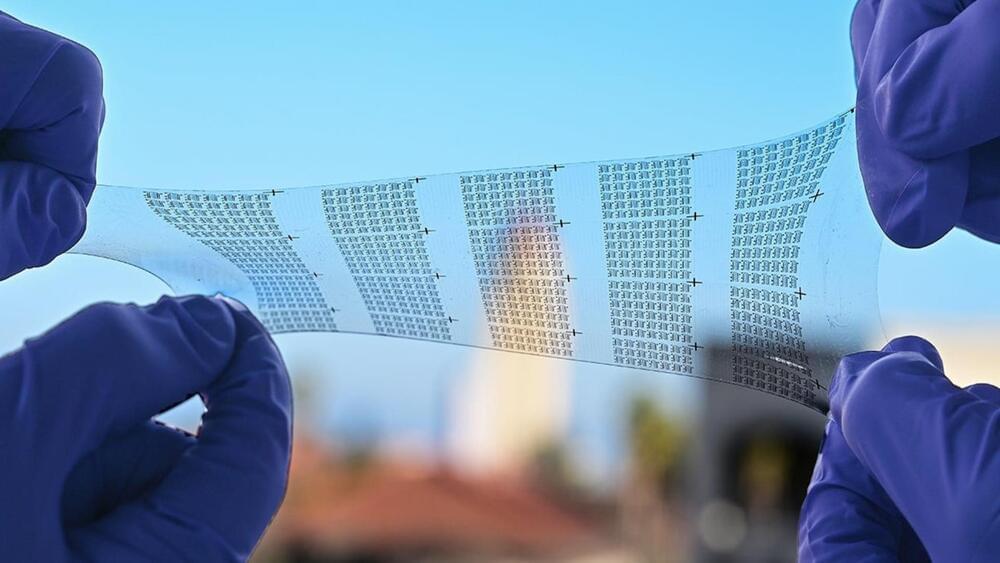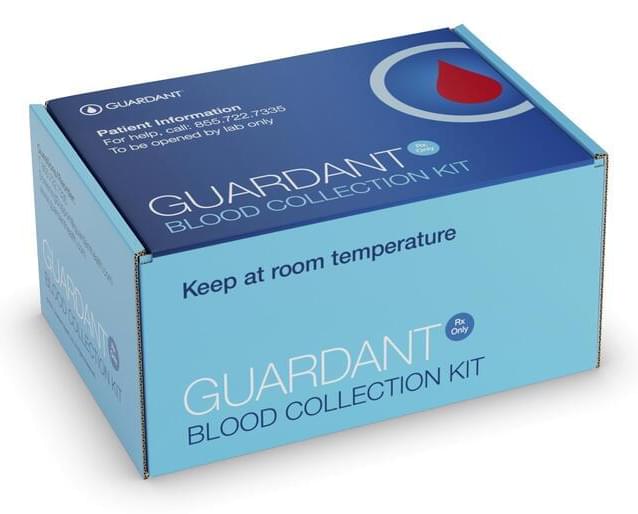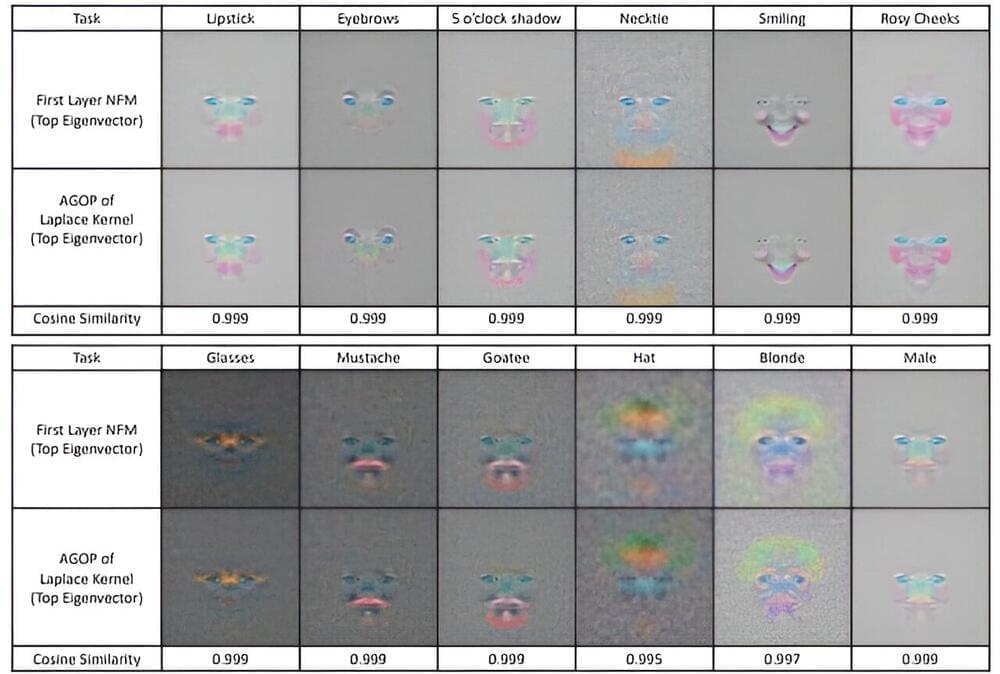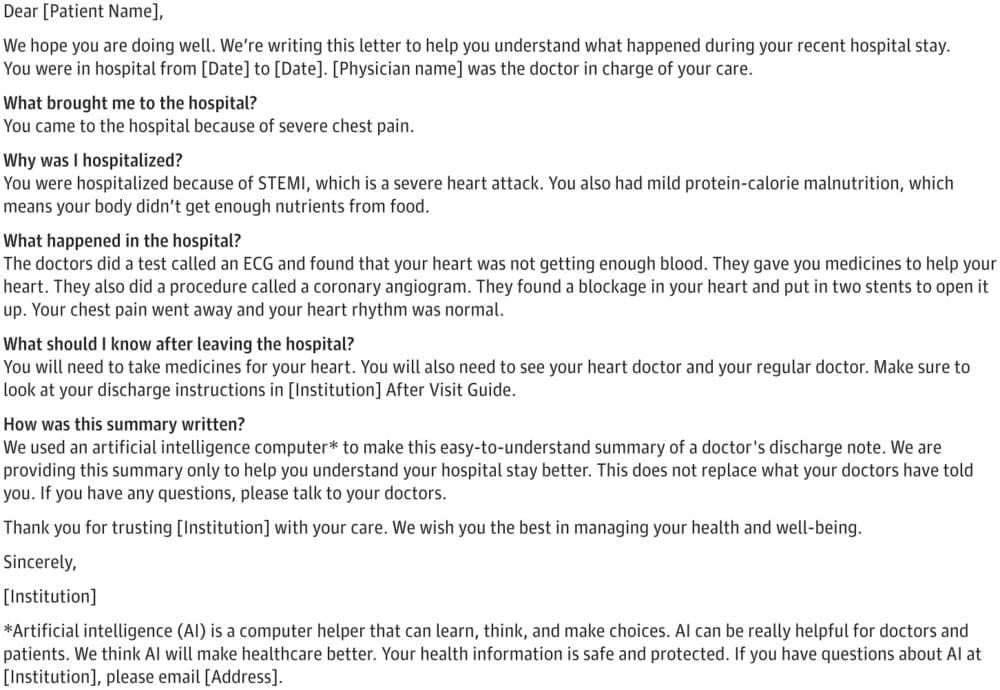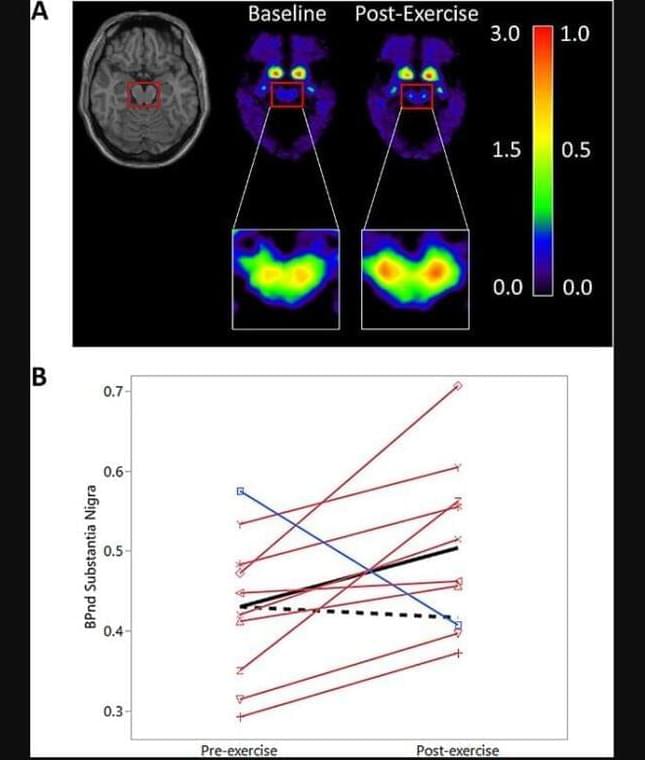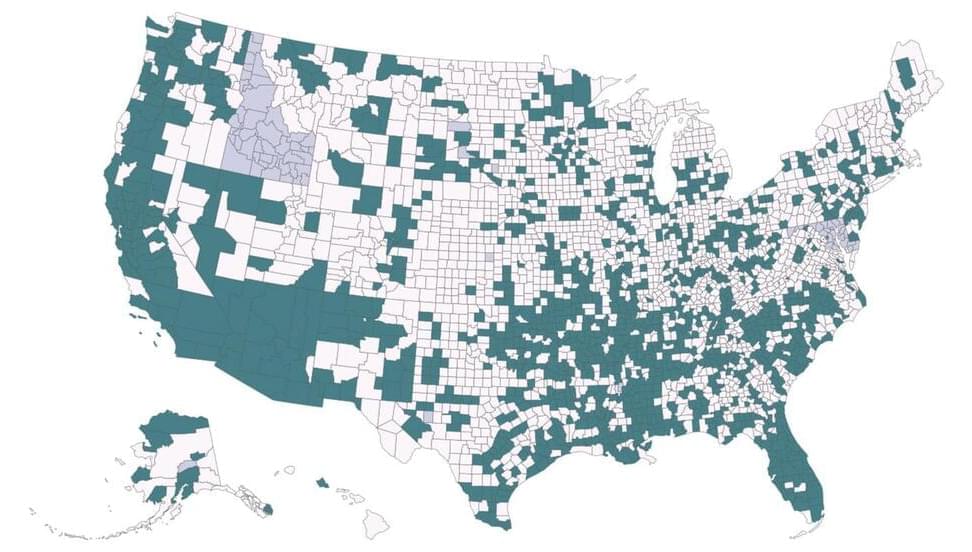Is there a connection between vaping cigarettes or cannabis, irregular mealtimes, and frequent headaches in individuals under 18 years of age? This is what a recent study published in the journal Neurology hopes to address as a team of researchers from the University of Calgary investigated how lifestyle choices combined with vaping could result in frequent headaches among youth. This study holds the potential to help researchers, medical professionals, and the public better understand the short-and long-term health risks associated with vaping cigarettes or cannabis.
For the study, the researchers enlisted 4,978,370 participants aged between 5 and 17 years for a health survey with the goal of ascertaining a connection between lifestyle choices—vaping, irregular mealtimes, and extended periods of screen time—and the frequency of headaches they reported as part of the survey. In the end, the researchers found that 6.1 percent of the participants experienced frequent headaches who also exhibited the aforementioned lifestyle choices, specifically including e-cigarettes and smoking in the house.
“These results are important because there is surprisingly little research looking at lifestyle and headaches in kids and teens,” said Dr. Serena Orr, MD, who is an assistant professor of pediatrics, community health sciences, and clinical neurosciences at the University of Calgary and a co-author on the study. “As a headache neurologist, I think that it’s critical to understand the role that lifestyle factors play, because prescribing medication alone is not the ideal way of treating headaches at any age.”
